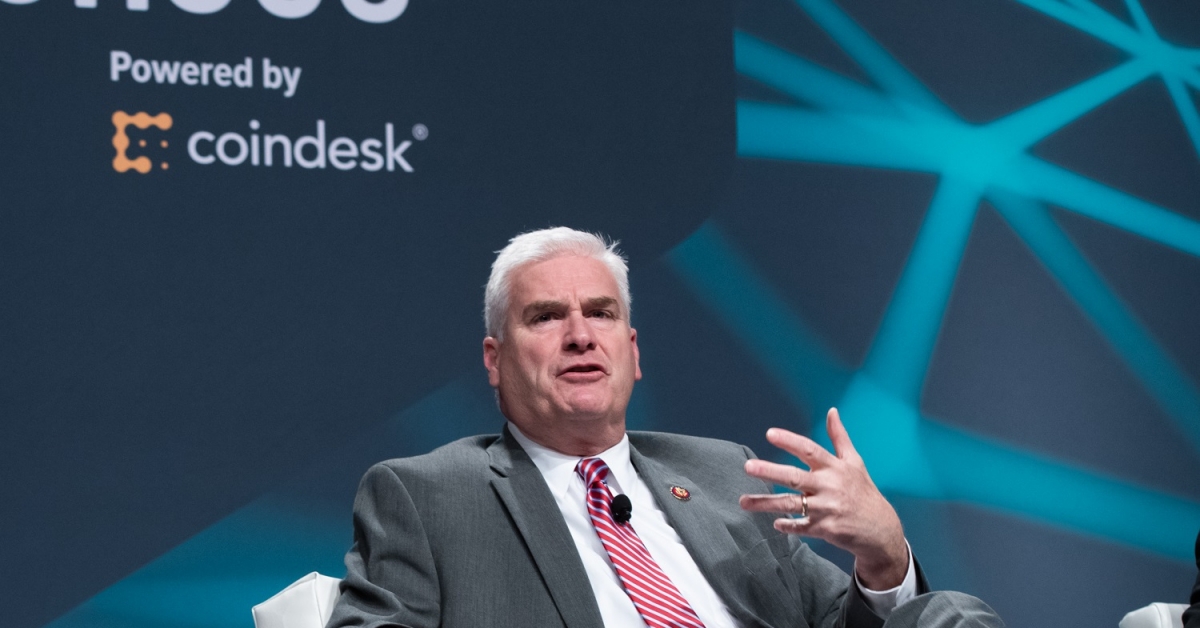We Must Protect Crypto-AI From Financial Nihilism
Financial nihilism is a flawed philosophy.
It has been used to justify why memecoins and momentum trading are equivalent to projects with a working product and paying customers. Investors who focus on fundamentals have been ridiculed as fools or out of touch with the reality of Web3.
Everything is false, financial nihilism would say. The Federal Reserve is debasing the dollar, it is said, which is in itself a hallucination. All money is rooted in nothing but belief. Equities and public markets are “stonks,” tricking people into thinking they hold something real, while in fact they hold a right to a display-field in custodial software. Stories and narratives are the only things that matter.
Lex Sokolin is the managing partner and co-founder of Generative Ventures, a venture capital fund investing in the machine economy. He is a speaker on the AI Stage at Consensus 2024 in Austin, Texas, May 29-31.
There is an elegance in the memecoin. Unlike many ICOs, or various DeFi rugs, or vaporware L2 roll-ups, memecoins do not pretend to have anything other than the animal spirits of story and sentiment. They are an honest product, doing exactly as advertised. It is those other projects, the ones that promise the world but deliver failure, that are deceiving investors.
But there is also a profound misunderstanding in this point of view. The anarchist rebel thinks it is cool to say that nothing matters and all should be torn down. The builder understands that, once the rebellion has exposed the orthodoxy for its weakness, new systems of meaning and value have to be built to replace them. Nothingness is not a goal.
Crypto is intended to be a positive-sum game, not a dog-eat-dog nightmare. Just because some things are meaningless,does not mean that all things are meaningless. We are here to build the new things using profound tools unlocked for us by brilliant technologists. Those that see nothing but opportunism and financial games may become richer on paper. But they have made the entire space poorer as a result.
Raising money in itself should not be a sufficient goal for an entrepreneur
My concern these days is for the evolution of the crypto-AI sector. Generative AI will bring enormous economic growth to the world in a natively digital form. It exposes privacy, ownership, and financial issues that Web3 is uniquely positioned to solve. AI will test the economic infrastructure that blockchain has built over the last 15 years, and whether its promises of self-sovereignty actually hold true. As a result, AI gives us a path to pull Web3 away from the over-reliance on being a casino as its core value proposition — a casino that often hasn’t been honest about being a casino.
But the usual failure mode is rearing its head. We see large AI-themed projects launching as bridges to nowhere, using the narrative of AI to create marketing that masks the underlying reality – which is rushed vaporware with tokenomics that induces investors to invest, stake or sell. Raising money in itself should not be a sufficient goal for an entrepreneur. Designing financial incentives that attract investors to an AI-themed casino is a disservice to the important role that Web3 has to play in the next century of economic activity.
Throw away the financial nihilism! We must not undermine one of the greatest opportunities by treating it as a costume to wear on fundraising day. Instead, look to the classic advice given to people starting businesses: Find real customers looking to buy products and services to solve actual problems, and design open protocols and networks to deliver those products and services better than the centralized technology firms.
We can use the power of the crowd, community marketing and engagement, and tokenized protocol ownership to outcompete walled gardens and software cathedrals. The Internet and Linux have done it before us, and we can do it again by building the techno-economic architecture for the AI age. Gambling that opportunity away for quick returns in a single market cycle would be a profound error.
Edited by Benjamin Schiller.









